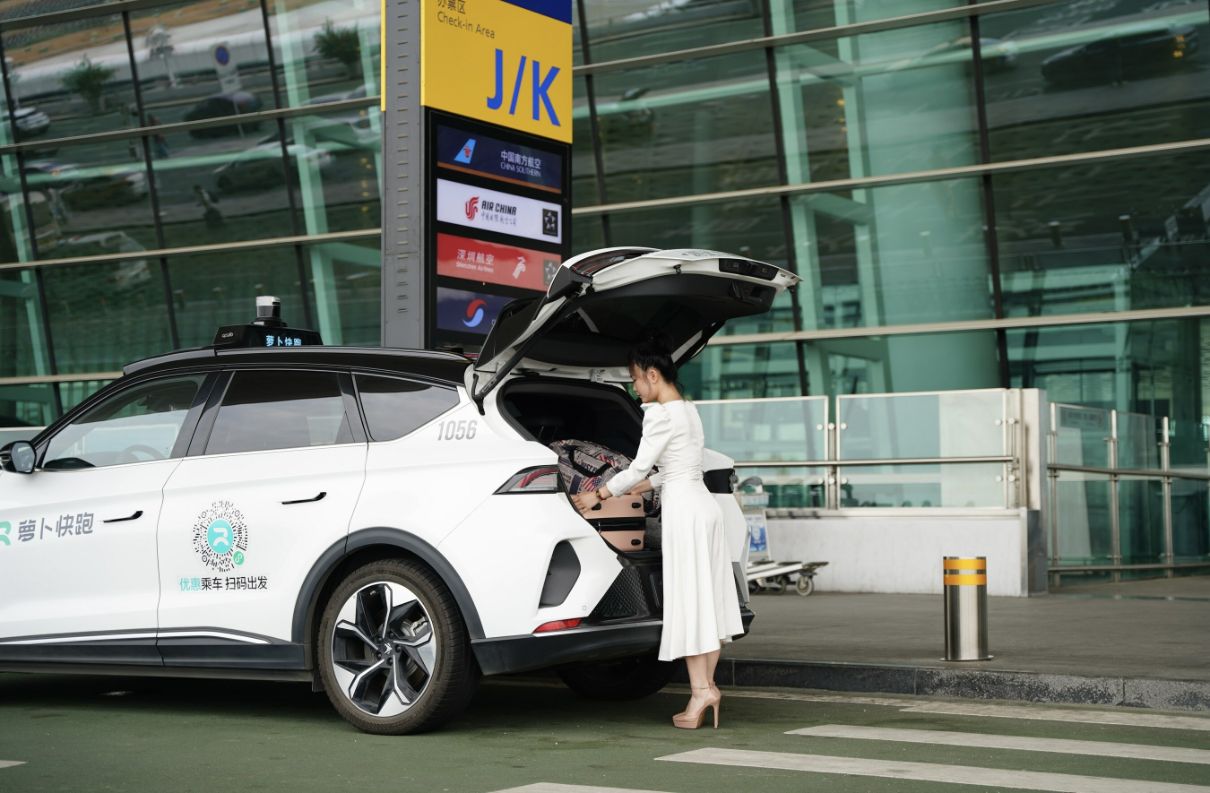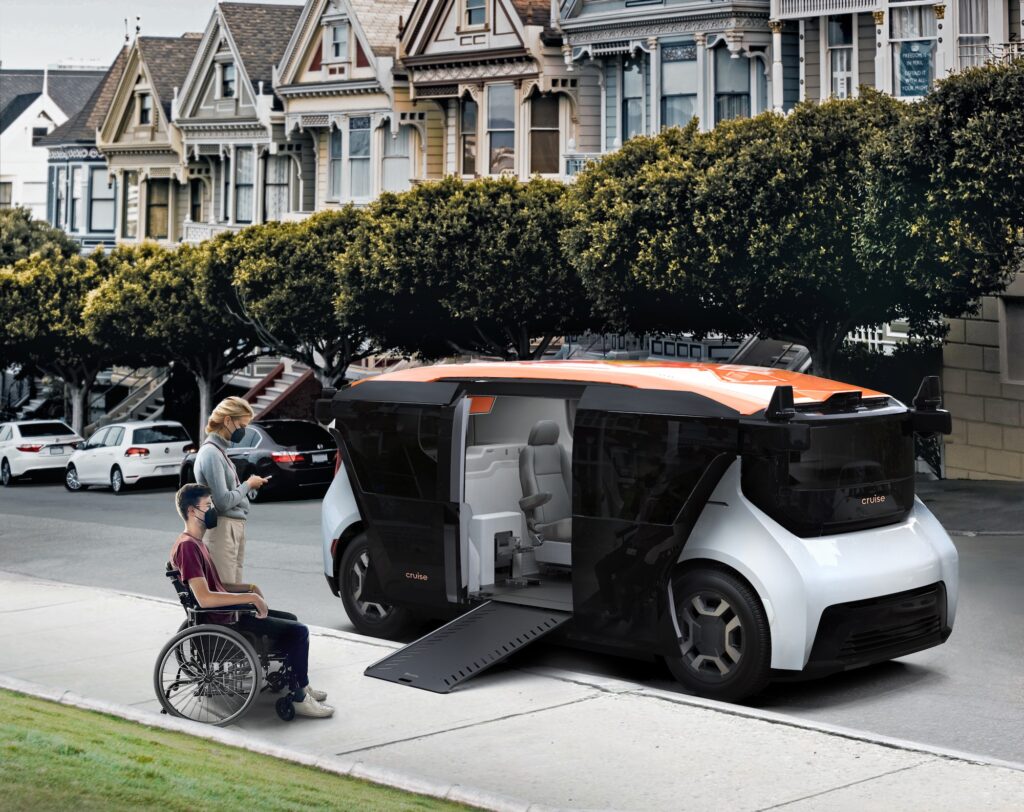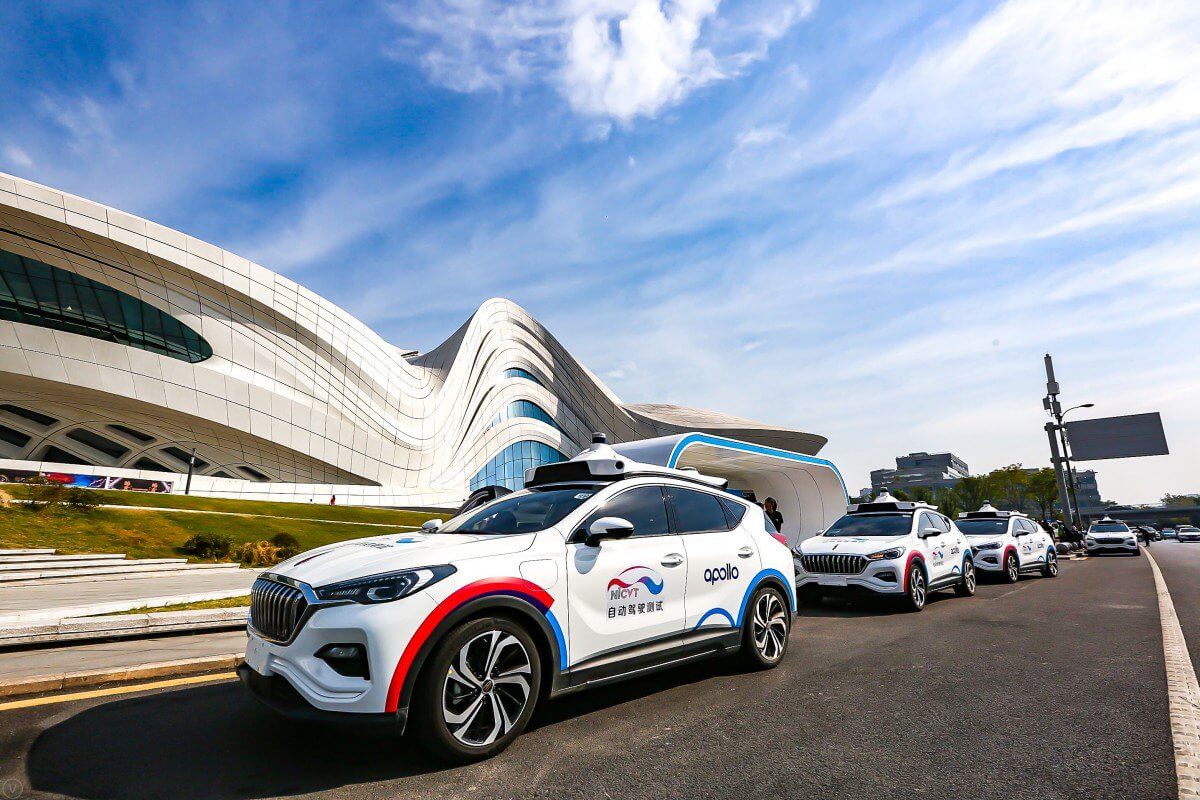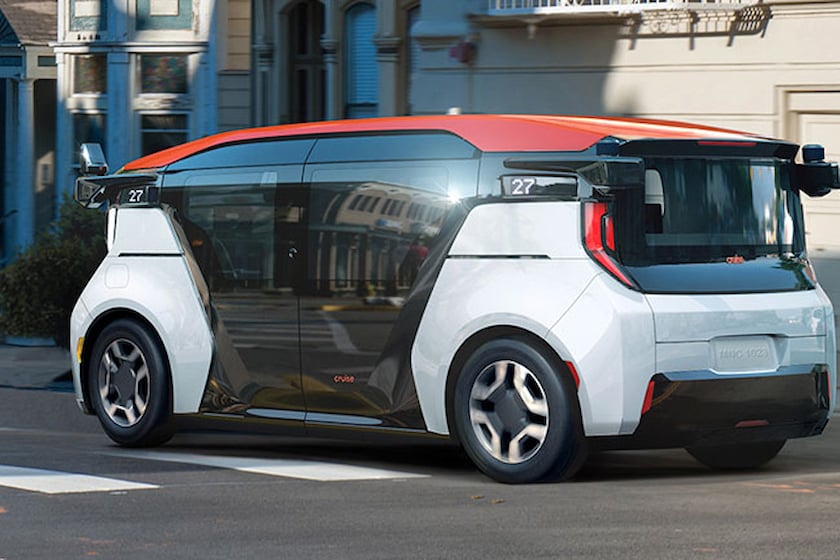In a significant milestone for autonomous transportation in China, Baidu’s Apollo Go has initiated its autonomous ride-hailing service to and from Wuhan Tianhe International Airport, becoming the nation’s first provider of such services. This development not only underscores Baidu’s commitment to autonomous technology but also marks a pivotal moment for the country’s transportation landscape.
Baidu, a prominent internet giant, embarked on its journey to establish the world’s largest fully driverless service area by the year 2023. This recent expansion to Wuhan Tianhe International Airport signifies a remarkable step towards achieving that goal.
See also: Baidu starts offering autonomous taxi night service in Wuhan
The introduction of Apollo Go at Wuhan Tianhe International Airport represents a groundbreaking achievement on multiple fronts. It marks the first time in China that an autonomous ride-hailing service has been established between urban areas and an airport. Additionally, it represents a pioneering effort in connecting urban roads and highways using Chinese autonomous vehicles.
Baidu initiated its self-driving taxi operations in Wuhan, the capital of Hubei province, in August 2022. Notably, it was the first company to secure a commercial license for fully driverless cabs in China. Initially, this new airport service will be available to selected existing customers, with plans to make it accessible to the general public in September.
Airport services are highly coveted by ride-hailing companies due to the substantial opportunities presented by the substantial traffic volume they handle. Wuhan Tianhe International Airport, located 25 kilometers from the city center, is one of China’s major regional hub airports. This year alone, it has facilitated the transportation of 125,000 passengers, boasting a daily flight limit of around 1000, making it the busiest facility in central China.
However, while the revenue potential of airports is undeniably attractive, they also present unique challenges for autonomous vehicles. These include coping with heavy traffic, limited areas for passenger pick-ups and drop-offs, and the overall complexity arising from drivers who may not always be familiar with airport layouts.
See also: Baidu Secures Permit to Launch Fully Autonomous Ride-Hailing Service in Beijing
Apollo Go has firmly established itself as a market leader in China, having reported over 3.3 million rides by the end of June this year. This impressive figure includes 714,000 rides in the second quarter alone, marking a remarkable 149% year-on-year increase. The service has also been running fully driverless taxis in five cities, including Shenzhen and Beijing. With its expansion to Wuhan airport, it is poised for further growth, signaling potential extensions to other areas within the city in the near future.
In the United States, Waymo has been a trailblazer in offering autonomous ride-hailing services at airports, with the world’s first driverless service launched at Sky Harbor International Airport in late 2022. Baidu’s recent achievement in China reflects the global trend toward autonomous transportation and underscores the rapid progress in this transformative industry.







